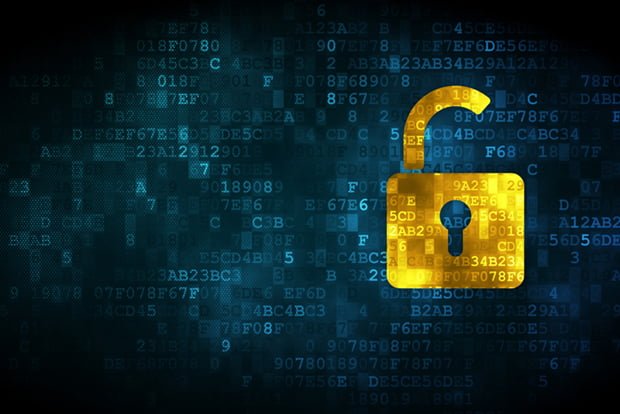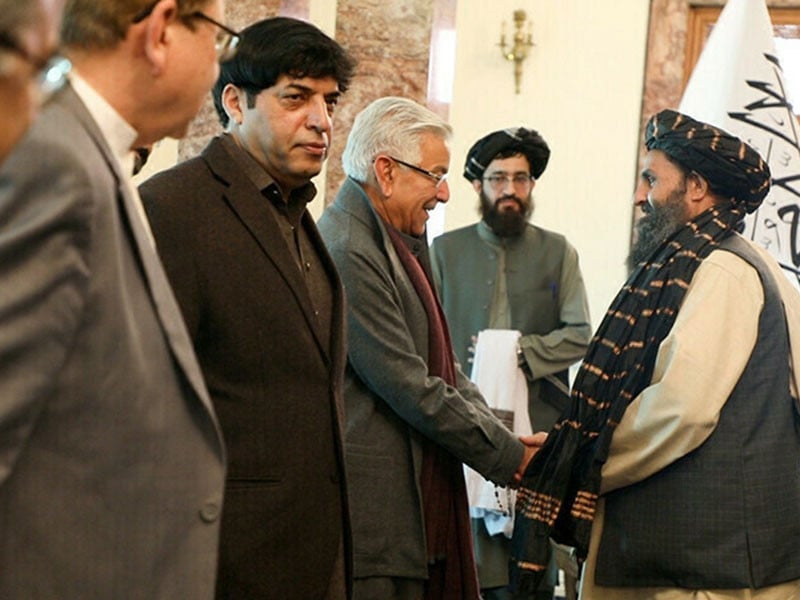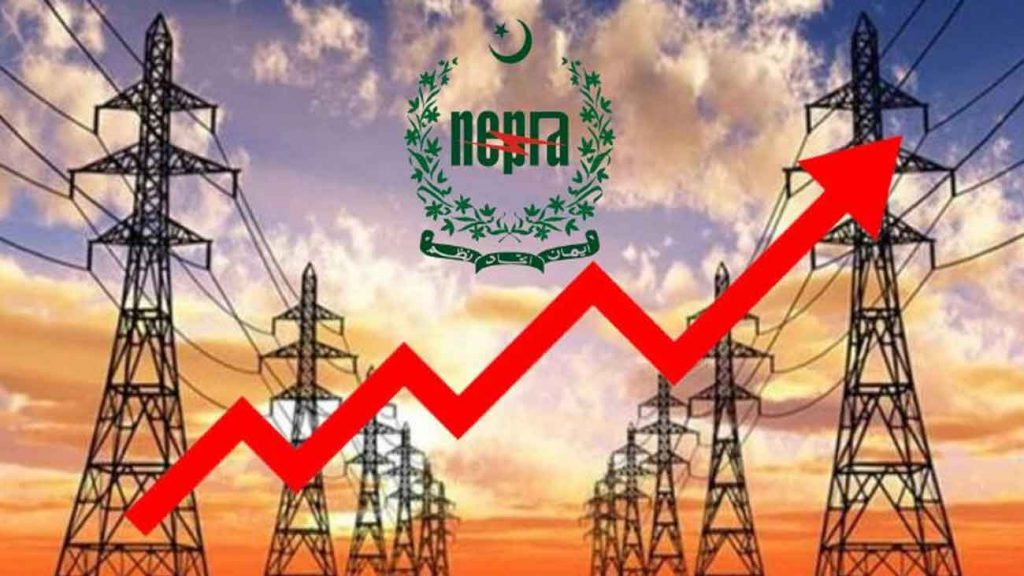Editorial
The terms’ Right to Information (RTI) ‘and Freedom of Information (FOI) are interchangeably used, but the underlying meaning is the same. – to have the ability to access information.
‘Information’ has been derived from the Latin words’ Formation’ and ‘Forma’, which means giving shape to something and forming a pattern, respectively. However, the word information in these terms is used in a specific context. It denotes the information which the government holds. The information held by the government belongs to the people, and the government and its functionaries are custodians of this information for the time being. It belongs to the people because it primarily collects facts about the people and the country.
Is it an absolute right?
The right to information is not an absolute one. There are some instances in which the government may keep the information private from the citizens. This kind of information is put under the ‘exceptions’ category, and all the RTI laws enacted by different countries have this category. For example, information about the legitimate security concerns of the state may not be declared to the public. The government may not provide information about sensitive functions based on legitimate concerns. The information regarding national security, defence and international relations, public safety, prevention, investigation and prosecution of criminal activities are always subject to specific laws and regulations. Then, information about privacy and other legitimate private interests, commercial and other economic interests, be they private or public, are also subject to law and regulations.
Equality of parties concerning court proceedings, inspection, control and supervision by public authorities, economic, monetary and exchange rate policies of the state, and confidentiality of deliberations within/between public authorities for an authority’s internal preparation of a matter are also sensitive information.
However, subject to the law, it does not mean that the government can deny access to information to the public. Because of international principles or best practices about the issue of how the information-sharing process has evolved, information sharing is a priority. A public body has to state why requested information cannot be provided and bear the burden of proof in front of an appellate body to establish facts justifying the denial of access to the requested information.
The Constitution of Pakistan guarantees access to information as a Fundamental Right. Article 19-A protects access to information. However, this information is subject to the law. National and Provincial legislatures have legislated laws about access to information. Following rules and procedures have also been derived from these legislations. The Federation has enacted the “Right to Information Act, 2017”, and other provinces have also enacted their RTI acts.
Historically, the linkage between RTI and other fundamental rights and freedoms is reflected in resolution 59(1), which the UN adopted in its first session in 1946. It stated: ‘Freedom of information is a fundamental human right, the touchstone of all the freedoms to which the UN is consecrated.
What is the logic of attaching importance to access to information to the extent that it is not only regarded as a fundamental human right but also is identified as a yardstick to measure other freedoms? Why is Freedom of Information considered a touchstone or a benchmark for other rights and freedoms? It means that there is a corresponding link between the ability to exercise the right to information and the quality of life enjoyed by the citizens. In other words, the assumption is that those with a greater level of access to information have a better quality of life than those with less access to information. It also means that the right to information does not, in itself, guarantee other fundamental rights. In other words, it empowers citizens to attain their fundamental human rights.
The argument leads to another critical question. How does the level of access to information empower people to attain their fundamental human rights and vice versa? For example, if people know the total budget of a dispensary or a school in their area, they will demand corresponding service quality. Similarly, suppose they know the cost incurred on the proposed road in their area. In that case, they can create public pressure on their representatives and officials if the quality is low because of the kickbacks. In these examples, there is a linkage between the right to information with public accountability and democracy. It is the power of the right to information.
All public bodies are answerable to the citizens to provide information according to RTI acts.
RTI acts have empowered information Commissions for the objectives relating to access to information. Citizens can reach these commissions for the information indispensable for their rights. Citizens can approach regarding wrongful denial of access to information, non-provision of information within the stipulated time, refusal to receive and process the request from an applicant, furnishing false, misleading or incomplete information, charging fee or cost for the provision of the information above the amount prescribed under the Act. Information Commissions will also entertain complaints against public bodies regarding deliberate destruction of information or obstruction to avoid disclosure of requested information, failure of a public body to implement the provisions regarding proactive disclosure, and violation of any other provision of the Act by a public body. After examining the complaint and the evidence received, the Commission can exercise the powers of the civil court to issue a summons for witnesses or records. If an official is found guilty, Commissions hold the power to impose a penalty on the public official for not providing the information to the applicant.
Access to information is a fundamental right. The RTI Acts provide public scrutiny of Public bodies. Citizens must exercise this fundamental right for individual and collective causes.

















































